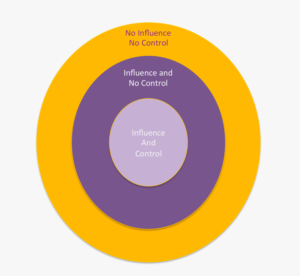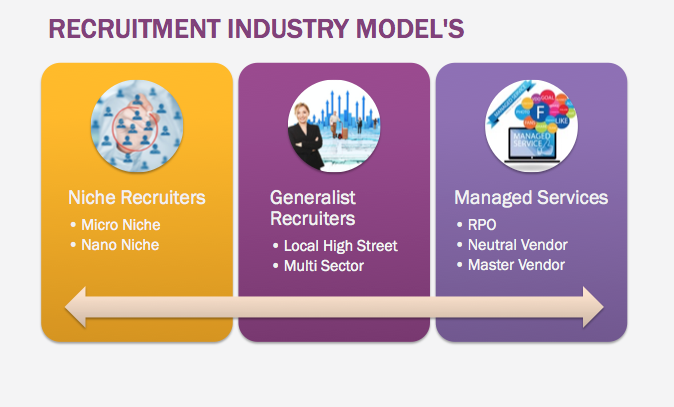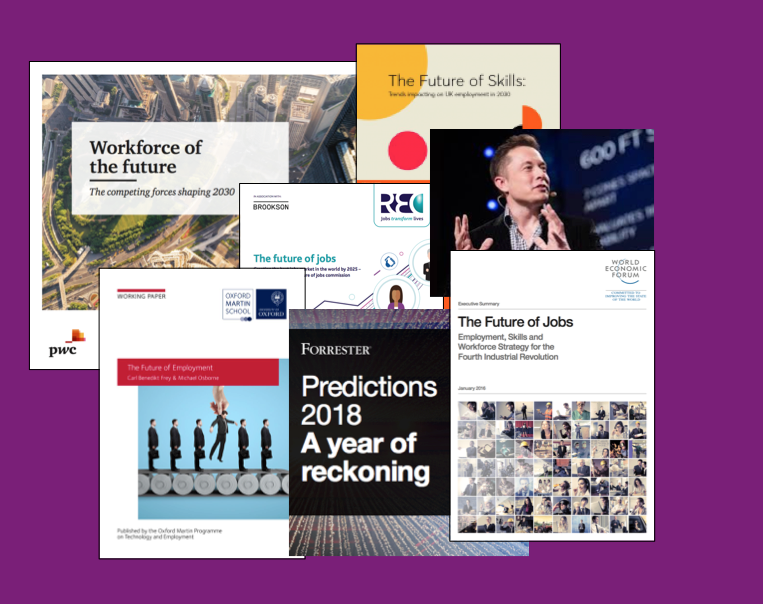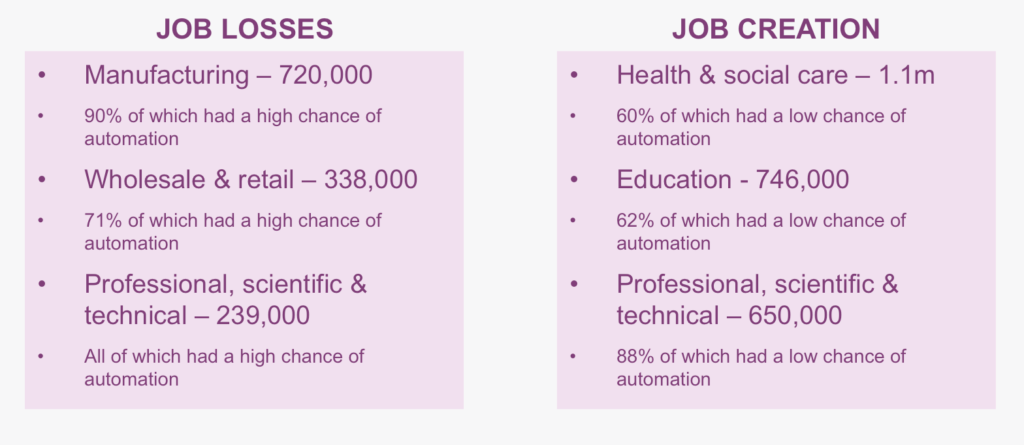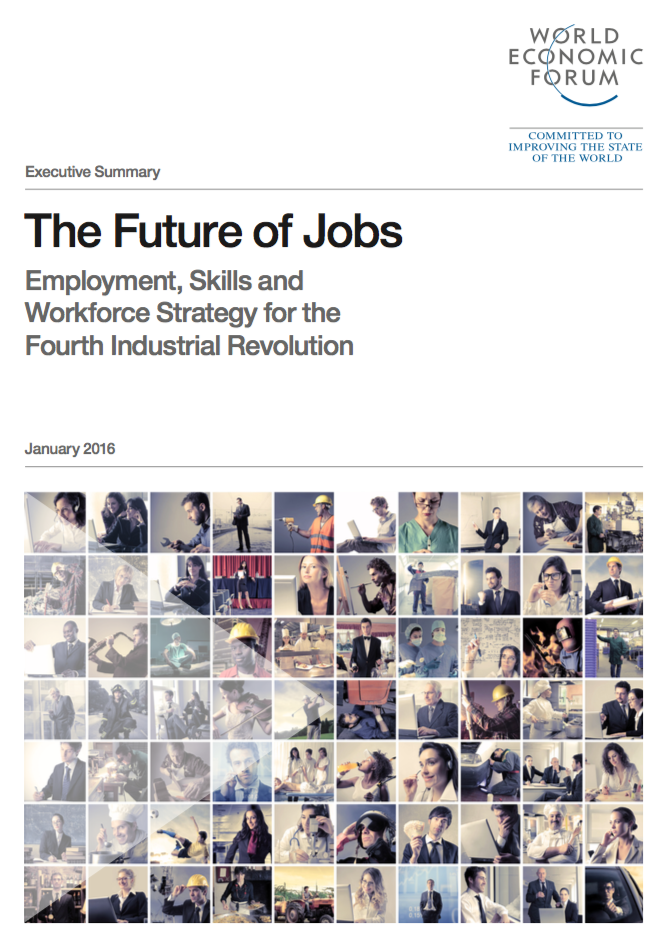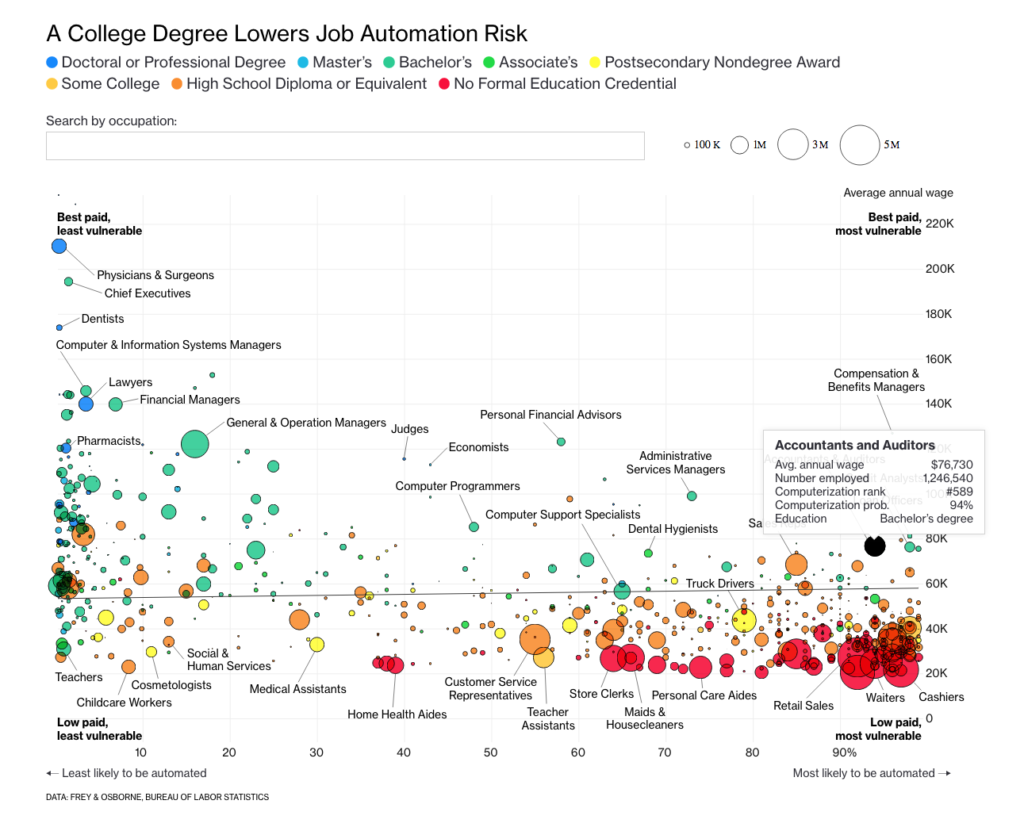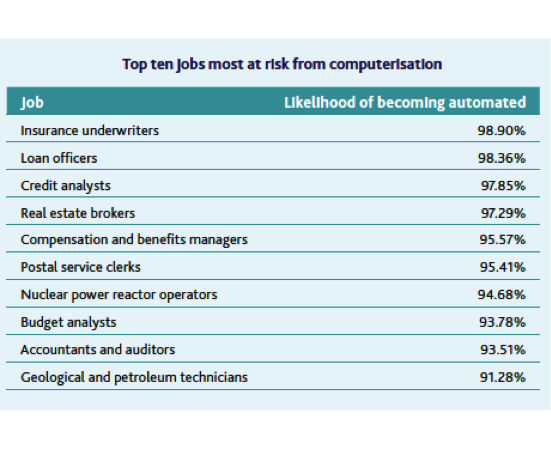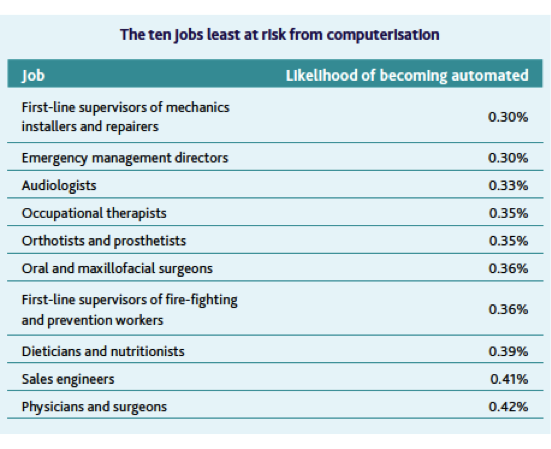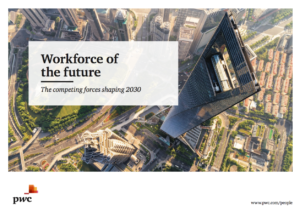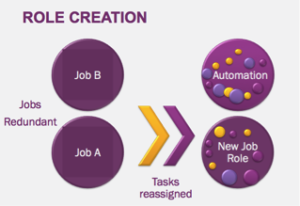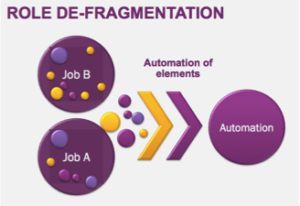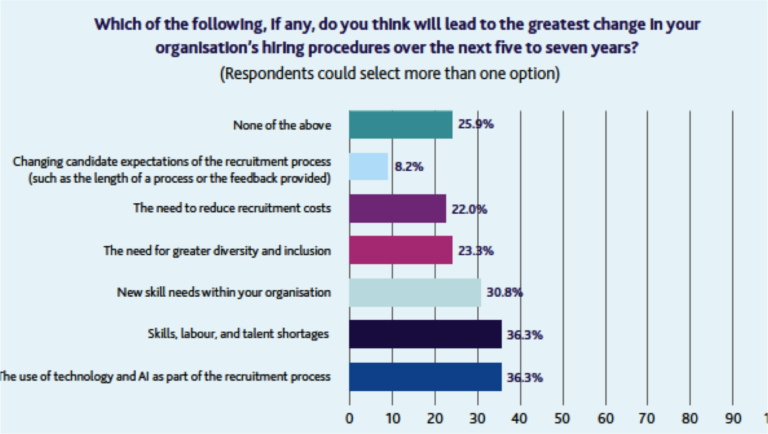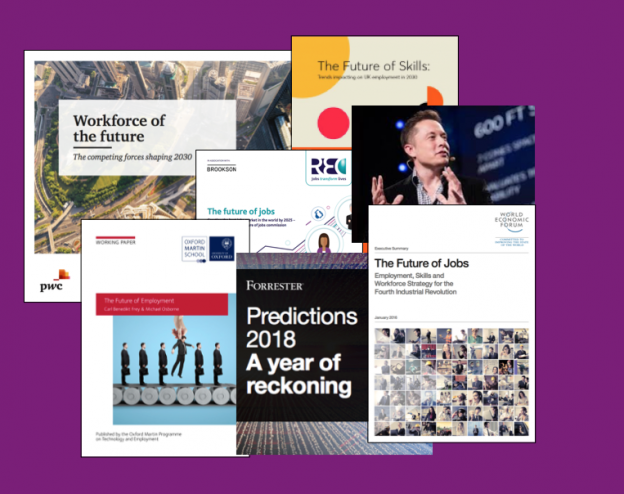We are now into our sixth year of this blog series since first writing our amazingly popular blog post Top 5 Recruitment Sectors to be in for the next 5-10 years. With over 25,000 views this remains our most popular blog post ever.
Our annual blog has become almost as popular and with huge uncertainty in the UK, Europe and Globally we expect this year to be no different
In 2012/3 when we made our prediction for Top 5 Recruitment Sectors to be in for the next 5-10 years the top five were:
- Information Technology
- Engineering
- Energy, Oil and Gas
- Healthcare
- Emerging Technology application
We think it is safe to say that anyone who went into these sectors in 2013 would be very happy with their decision. Only Oil and Gas in the energy sector has seen any major issues with “renewables” now becoming the major area for growth in this sector.
UK and Global Economic Dynamics
As with previous years it’s important for us to outline the economic climate we are basing our predictions on. With the UK less than thirteen weeks away from leaving the EU and with no certainty of the agreed route of exit, or even if Brexit will actually happen, the future is very uncertain.
Remarkably the UK economy is proving highly resilient and GDP growth this year is still projected to be 1.2%. We believe that once the Brexit future becomes clearer we will see growth return to 1.6-1.9% later this year, as We see companies currently holding off investment until the medium term future become clearer.
In the EU growth in Q3 of 2018 in Germany and France surprisingly started to falter though still above the UK.
In the US and the rest of the world uncertainty remains over trade with China which has seen some economic slowdown in both Asia and America. We believe that despite Trump’s confrontational style of negotiating a deal will be done and we will see growth in these regions return. The IMF currently predict the US GDP will grow 2.6% and China’s GDP 6.2% in 2019.
For more details check this article from the Guardian Newspaper UK economic growth tipped to be slowest in Europe next year
Global Recruitment Thought Leaders
This year we have launched Global Recruitment Thought Leaders (GRTL) which is an original initiative that investigates the future of work and the future of talent recruitment.
The GRTL project is pioneered by myself, a global influencer, business expert, employment futurist and owner of growth consultancy Selling Success; and San Sunner, the founder of REC- Social, a social media management company that focuses exclusively on the talent recruitment sector.

The world of work as we know it is being transformed by the exponential growth of revolutionary technology and considerable shifts in workforce demographics. In order to remain competitive in this modern era businesses need to remodel their company culture and approaches to leadership, implement contemporary tools, and foster environments that keep up with the times and create value. As a result, business leaders and their recruitment partners face considerable challenges adjusting to this future reality.
GRTL sets out to explore the new paradigm and dissect its impact on the future talent landscape through in-depth discussions with industry leaders across a variety of sectors. The purpose is constructive debates, informative interviews and knowledge sharing with global thought leaders will provide an innovative hub for business owners to assimilate fresh ideas in preparation for the future.
As a Top 10 Global Influencer our MD, Ian Knowlson is very optimistic about what the future holds explaining that “technological advancements possess the potential to help us solve many of the major issues facing mankind in the twenty-first century such as cheap sustainable energy, global skill shortages, an aging population, food and water security, inequality, lack of economic and employment opportunity and climate change.”
With speculation about automation and artificial intelligence rendering people as inadequate for work in the future, business leaders need to take ownership of the narrative and be clearer in terms of their communication about prospective plans and objectives.
The introduction of the GRTL video series delivers a knowledge base that helps all business stakeholders to understand and adapt to the changing landscape, while firmly positioning themselves for long term success!
To find out more information about Global Recruitment Thought Leaders and journey into the future world of work and talent recruitment visit www.globalrecruitmentthoughtleaders.com
Top five sectors for high growth in 2019

No5 Construction
For 2019 we have placed the construction sector below the level we would typically rank it due to Brexit uncertainty, but it is still in a healthy state and represents a great sector for recruiters.
There remains a huge shortage of skilled trades people such as bricklayers, electricians and scaffolders to name but three; and in the professional/technical niches quantity surveyors remains one of the hardest skills to source in the UK across all recruitment sectors.
These skill shortages are expected to continue well into the next decade so the medium to long-term outlook for the sector is healthy. In 2018 the Chartered Institute of Building (CIOB)

reported that the industry will need to find 157,000 new recruits by 2021 in order to keep up with demand. A forecast also in 2018 from the Construction Industry Training Board (CITB) revealed that over 150,000 construction jobs are set to be created over the next five years, with 15,350 carpenters and 9,350 labourers needed. There will also be a significant growth in a range of professional and managerial roles.
The recent IHS Markit/CIPS UK Construction Purchasing Managers’ Index published in January 2019 indicated “An expected boost from transport and energy projects underpinned a rise in business optimism to an eight-month high in December. Construction sector confidence was also helped by softer input cost inflation and signs of a turnaround in supply chain difficulties from the low point seen last August.”
Tim Moore, economics associate director at IHS Markit, is on record as saying, “levels of optimism remained subdued in relation to those recorded by the survey over much of the past six years, largely reflecting concerns that Brexit uncertainty will continue to encourage delays with decision-making, especially on commercial projects.”
It’s fair to say that but for Brexit we would have ranked this as third in out of the top five sectors for growth this year and it still may end up there if the Brexit issues resolve themselves quickly.
No4 Healthcare
With an ageing population across most of the industrialised world healthcare recruitment is tipped to be one of the top five recruitment sectors for the next decade or so.
The announcement this year of the UK government’s 10-year investment plan of an extra £20b a year by 2023 for the NHS will not immediately flow through to staffing. It is impossible to see, however, that we will not see an increase in demand for both permanent and temporary staffing requirements. What these will be, in terms of the types of staff and the impact of new procedures, technology and processes are also unclear.

What is clear is that all the dials point to with increases in populations, there will be increases in demands for services across virtually every sector with maternity care, mental health, elderly support and earlier detection and prevention of diseases ear-marked for extra investment.
Unless productivity is massively increased by the application of new working practices or technology, the numbers entering employment through huge increased training investment, or massive inward migration into the UK, the skill shortages which currently pervade the NHS are not going away in either the short or medium term.
This means the opportunities for existing suppliers or new entrants remains good. The opportunities for technology providers to support the NHS where new skills such as AI, Automation, Machine Learning and Big Data which are not normally recruited is huge. The challenge here will be to meet the demand in the NHS within their rigid pay bands when the private sector are already paying huge skill premiums themselves.
There is clearly a massive gap and demand opportunity here. Perhaps a creative collaborative solution can be found between the university/training sector, NHS Trusts and the agency providers, which helps to bridge this demand.
We would be hugely interested in meeting and interviewing anyone as part of our new Global Recruitment Thought Leaders video series who has ideas around this.
No3 Engineering
The top three positions are very close with us ranking Engineering in third place purely due to the delay that has occurred with some capital projects due to Brexit uncertainty.
Nevertheless the overall demand is still very high.
In the UK the engineering sector employees 5.6m people — a rise of 5.1% in the past five years. Engineering generates 23% of GDP and has an accelerator effect on the UK economy, as every time a new job is created in engineering 1.7 jobs are created elsewhere in the economy. (Source The state of engineering Key facts 2018) Over 27% of enterprises are in engineering so the sector represents a significant part of the UK economy.

Engineering UK estimate that the economy requires 124,000 skilled engineers to meet existing demand and a further 79,000 engineers to meet demand from new industries and technologies making a demand for 203,000 engineers per year.
Unfortunately we have an annual shortfall of 59,000 engineers so there is not surprise that 46% of employers report recruitment difficulties.
In essence we need more engineers as a nation and with Brexit looming this is becoming a crucial skills gap that we need to address.
It goes without saying that this sector is set for a sustained growth for the next 3-5 years.
The recent KPMG/REC Jobs report indicated that Permanent Engineering demand was the highest alongside Accounting and Finance jobs, which we ranked at No 6, just outside our Top five due to Brexit uncertainty.
Temp/Contract demand was high as employers sought to fill their resource gaps with temporary labour.
No2 Energy, Oil and Gas
This is the first time this sector has made our top three for over eight years due to the oil price which has been so volatile; but the stabilisation of the oil price above the magic $50 a barrel now for over 12 months is seeing a healthy level of investment in the sector, if not in the UK.
Whilst this is not fuelling a jobs boom a dramatic rise in demand for renewables and nuclear in China, the UK and Europe has seen a tremendous demand for skills across this sector.

Renewable energy capacity in the UK has more than tripled in the past five years and in 2018 overtook fossil fuels for the first time ever.
Between July and September 2018, the capacity of wind, solar, biomass and hydropower reached 41.9 gigawatts, exceeding the 41.2GW capacity of coal, gas and oil-fired power plants. This would have been unthinkable a decade ago and the rate of growth of renewables means this is expected to continue.
Imperial College London, which compiled the figures, stated the rate at which renewables had been built in the past few years was greater than the “dash for gas” in the 1990s. Dr Iain Staffell, who undertook the research, said: “Britain’s power system is slowly but surely walking away from fossil fuels, and this quarter saw a major milestone on the journey.” The Guardian carried the story and further data is available in their article published in November 2018.
Renewables therefore now produce more than 20% of the UK’s electricity, and EU targets means that this is likely to increase to 30% by 2020.
According to Deloitte “a record 4.9 GW of offshore wind came on line in 2017 across 15 countries, bringing the total capacity to 19.3 GW, mostly located in the UK, Germany, China and Denmark. Offshore energy has reached parity in Germany and Denmark and is projected to do the same in the UK between 2025 and 2030.”
So you will not be surprised to hear that there are huge skills gaps emerging across the sector with over 80% of hiring managers reporting skill shortages as being their number one obstacle to continued business growth in 2018/19.
The Energy & Utilities Skills Partnership, a body made up of 29 leading organisations in the sector, has noted that an estimated 221,000 vacancies will need to be filled in the next decade, brought about through the retirement of 100,000 employees and 90,000 workers leaving to find new roles.
Interestingly enough, according to Taylor Hopkinson Skills Shortage Report the top three countries globally for vacancies in the sector are the UK, China and the Netherlands.
We may not be conventional in our thinking but we believe that in 2019 recruitment agencies operating in this sector will be amongst the fastest growing in terms of revenues, margins and profits; and given that the UK is probably amongst the richest nations in the world for offshore energy opportunities we see the medium term future for this sector as very positive.
No1 Information Technology
When we started writing these blog posts six years ago the term Information Technology and the sector were quite distinct and discreet but today technology pervades all our lives, environments both work and domestic and every profession and walk of life.
This sector is and will continue to be for the next two to three decades the one which will see the greatest skills gaps and the largest opportunities for recruitment agencies to grow in.

There are estimated to be in excess of 600,000 unfilled technology sector jobs in the UK according to the Edge Foundation and this is expected to continue growing at 12% p.a. up until 2024.
A recent study by Spiceworks State of IT where they surveyed 1,000 tech professionals across North America and Europe indicates that the two main drivers are Cyber Security and Artificial Intelligence. This is a great report and well worth a read.
With this in mind we believe the most acute skills shortages in 2019 are likely to be in the following areas:
Cyber security
Cyber security is now in such high demand that experts predict that the global market will be worth $165.2bn by 2023. New research by (ISC)2 puts the global workforce skills gap at 2.93 million with roughly 142,000 in Europe and 500,000 of those positions located in North America.
In the UK Cyber security talent requirements have soared as a result of several high-profile hacks, as organisations demand long-term defence against cybercrime and the annual requirement for permanent and contract IT security professionals has increased by 46%, according to the latest Tech Cities Job Watch report from Experis, the global leader in professional IT resourcing.
Data Scientists
For the past three years Data Scientist jobs have been named by Glassdoor as the No1 sought after skill in the US. In Europe it is estimated that the skills gap is 346,000 jobs with the European Commission estimating that a further 100,000 new jobs will be created by 2020. In addition IBM estimate that data scientists will account for 28% of all digital jobs by 2020.
Essentially there is clearly a huge growth opportunity for recruitment agencies to support this sector over the next few years.
Artificial Intelligence/Machine Learning
Gartner is predicting that by the end of 2019 AI will be creating more jobs than it is taking. They indicate that whilst 1.8m jobs will be lost with manufacturing taking the biggest hit, 2.3m jobs will be created through automation in education, healthcare and the public sector.
Full Stack Developers
According to Indeed Full stack developers are among the most in-demand by employers right now in terms of open job postings. Demand is up 600+% over the past three years..
DevOps Engineers
These are rapidly becoming one of the top skills globally with Glassdoor naming them as No2 job in 2018 in the US and with everything moving towards the cloud there seems no let up in demand for these skills.
Python Developers
It’s hardly surprising with the explosion in demand for AI that demand for Python Developer skills going through the roof. Python is now the fastest growing programming language and we see in 2019 an acceleration in demand for Python.
Java/JavaScript Developers
Growth of Cloud technology and solutions mean that demand for Java and JavaScript will continue to grow in 2019. Data from Glassdoor, Indeed and CWJobs all point to this being another growth skill area in 2019. The JavaScript demand is being fuelled by corporate enterprise environments that have a demand for the delivery of compelling interfaces.
2019 Overall Outlook
The outlook for the recruitment sector overall is positive despite the trials and tribulations in the UK caused by Brexit.
In December 2018 the Recruitment and Employment Confederation (REC) annual report indicated that the UK sector is worth nearly £36 billion and is projected to grow in 2019 by a further 4% and 5% 2019/20.

“The number of businesses operating in the UK recruitment industry grew by almost 10 per cent in the year to March 2018, totalling 30,430, and the industry employed approximately 115,000 people”
Other figures from the 2017/18 report include:
- Almost two thirds (64 per cent) of temporary assignments were for 12+ weeks, while one in five (20 per cent) were for 6+ months (compared to 61 per cent and 20 per cent respectively in 2016/17)
- 85 per cent of contract placements were for 12+ weeks, and 45 per cent of contract workers were on assignment for 6+ months (compared to 80 per cent and 44 per cent respectively in 2016/17)
- The average value of permanent placements from the wider recruitment industry was £4,238 (up by 6.4 per cent on the average in 2016/17)
- The average annualised turnover of each temporary/contract worker on assignment was £34,976 (up 20 per cent on the average in 2016/17)
We also see positive signs from the 20-30 clients we work with that the recruitment sector overall is positive and provides a significant contribution to the record employment levels that exist in the UK today.
It may be controversial but we have almost full employment in the UK with record skills gaps in virtually all professional and skilled sectors of the economy.
We appreciate that the large numbers of unskilled people in the UK needs addressing, but compared to the economic challenges that many of us faced during the recessions of the 1980s, 90s and 00s, the outlook is extremely positive.











